Episodes
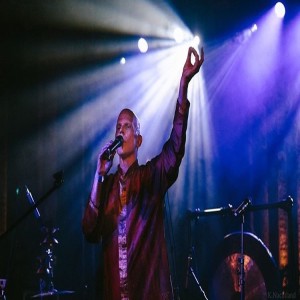
Sunday Nov 17, 2019
Occult Music & Hidden History w/ Nikolas Schreck
Sunday Nov 17, 2019
Sunday Nov 17, 2019
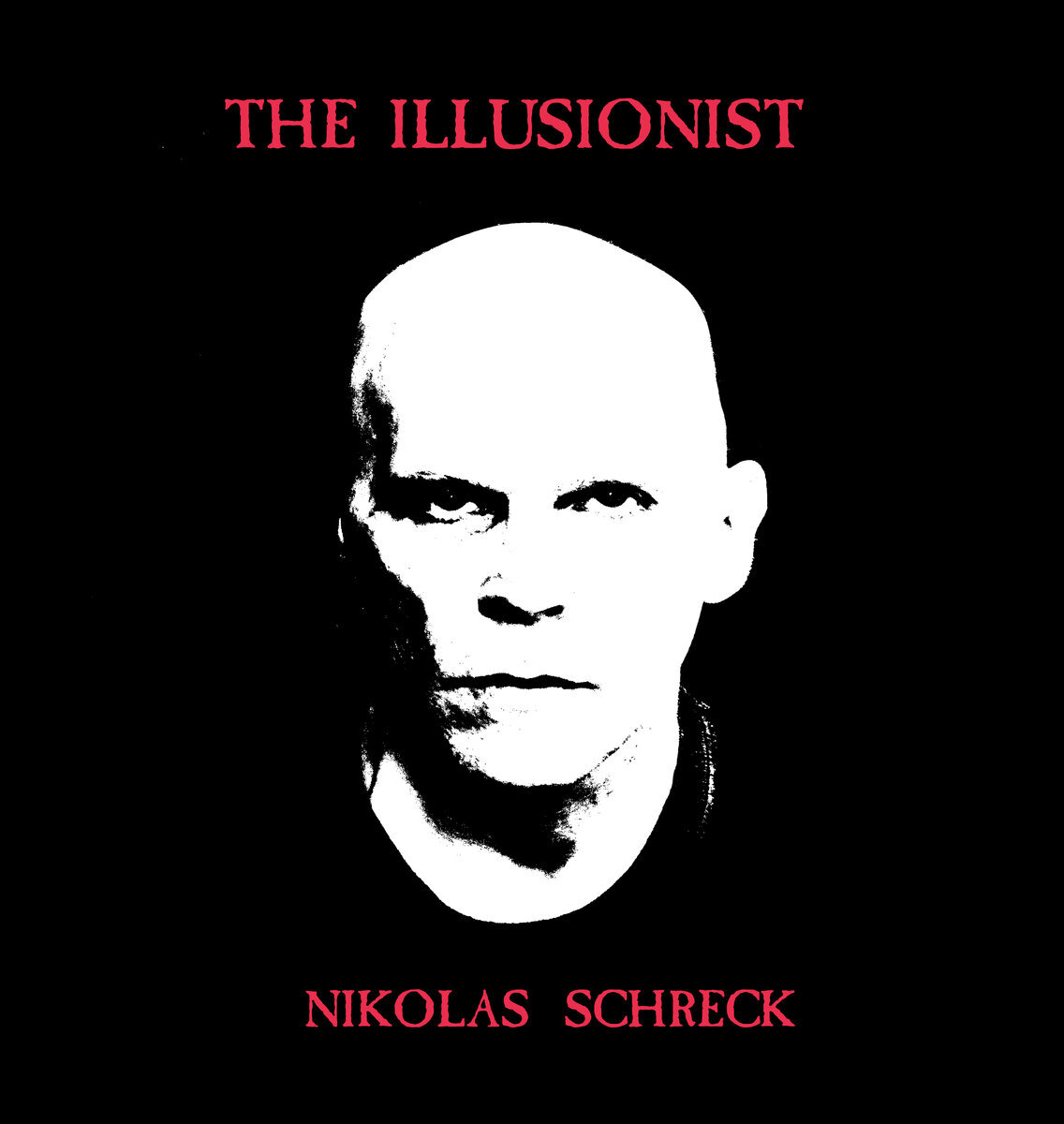
On this edition of Parallax Views, the controversial Nikolas Schreck returns to discuss his latest musical work, The Illusionist, and the upcoming updated (and final) edition of The Manson File as well as expressing his uncensored opinions on the Church of Satan's Anton LaVey, conspiracy theories, the alt right, and the far-right's resurgent interest in the work of neo-Nazi extremist James Mason.
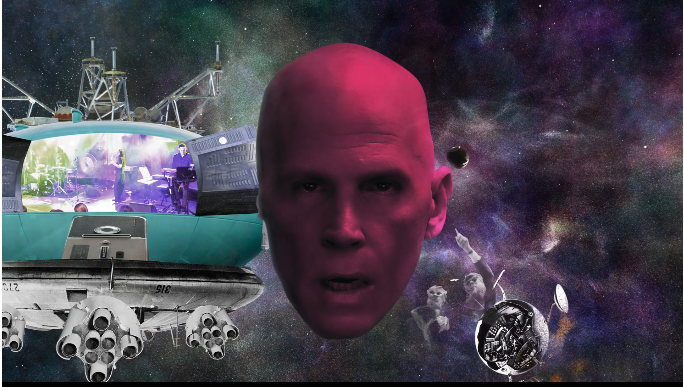
We begin the conversation by discussing Nikolas' new album The Illusionist, available from Records Ad Nauseam, including the outer space influenced psychedelic single "The Futura Model" and "This Hideous Thing", Nikolas' final musical exploration of the Tate-LaBianca murders. From there we discuss the dark humor found in Nikolas' musical projects over the years and his collaboration with the cult musician John Murphy. Additionally, Nikolas expresses the influence that musicians like Nico and crooners such as Russ Columbo have had on his musical endeavors. In this regard we also discuss Nikolas love of "outsider" musicians like Roky Erikson and Daniel Johnston. During this segment Nikolas explains his issues with the term of "outsider musician".
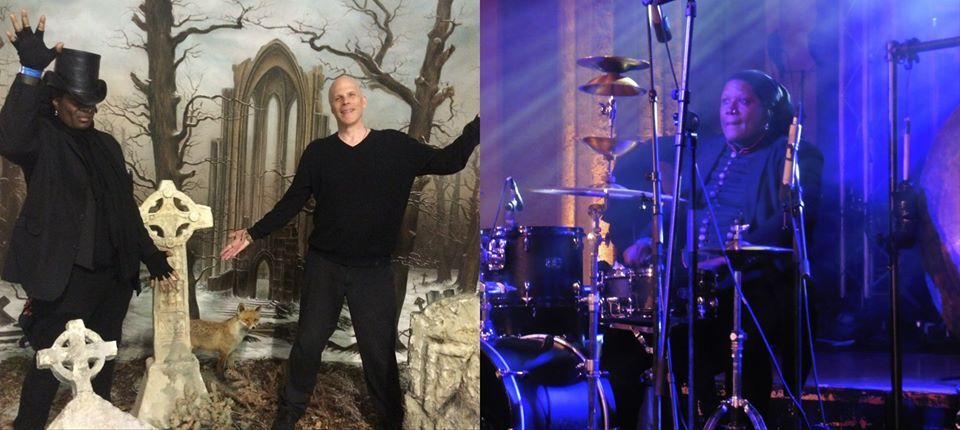
Nikolas Schreck and his drummer Heathen Rae
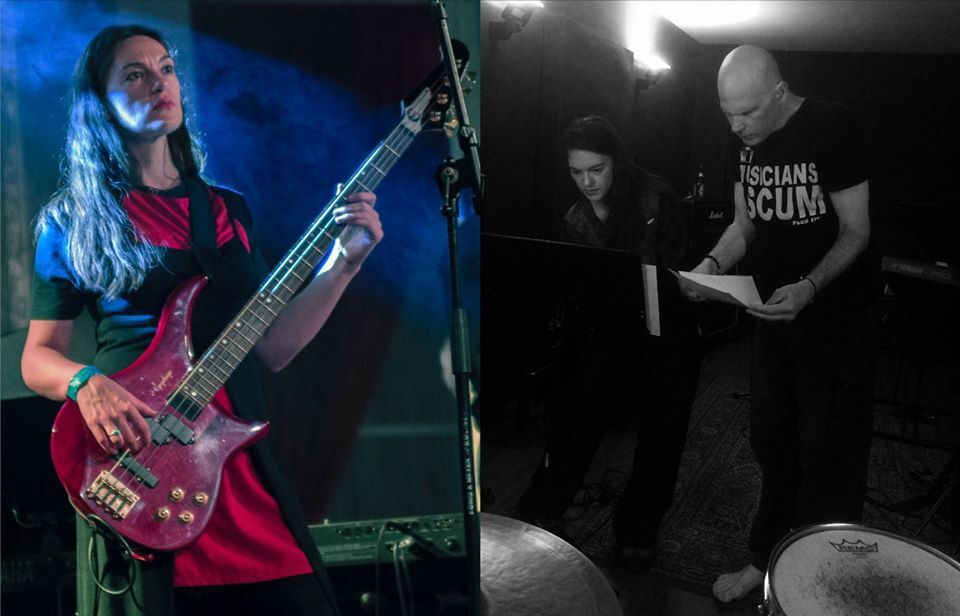
Nikolas Schreck and his bassist Ohnesorg
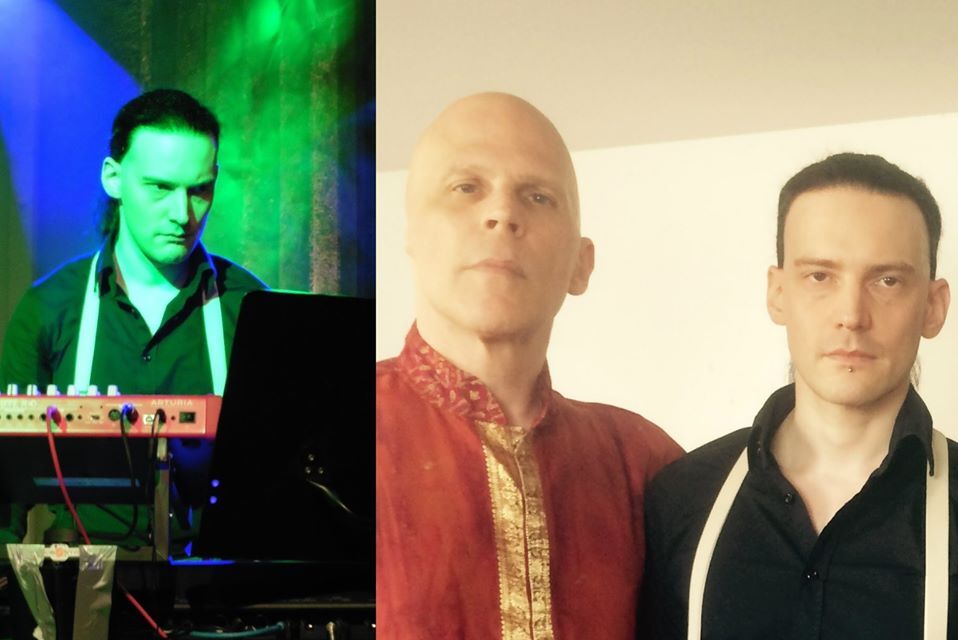
Nikolas Schreck and his keyboardist Winfried Strauss
We then delve into the fiction and reality of the Tate-Labianca or Manson murders as outlined in the upcoming, final updated edition of his book The Manson File. In particular, we discuss what Nikolas consider to be the real reason for the murders, namely a drug deal gone bad. Interestingly, the Hollywood Reporter recently featured a protégé of Jay Siebring (a victim in the Tate murders) saying this was the true reason for the murders. Nikolas also notes that, based on his research, Roman Polanski is a much darker figure in the Manson story than recognized and argues that Sharon Tate had wanted pleaded with him to move from Cielo Drive before the murders took place. Additionally, Nikolas delves into his relationship with Charles Manson as well as Manson's criminality and role in the murders. He argues, however, that at the heart of the Tate-LaBianca murders is actually Manson Family members Tex Watson and Linda Kasabian, the latter of whom was the only family member to escape prison. Ultimately, Nikolas says, the Tate-LaBianca murders may be even darker than the story told by Vincent Bugliosi in Helter Skelter and in fact reveal a dark side of Hollywood years prior to the scandals of Harvey Weinstein and Jeffrey Epstein. In this regard, Nikolas and I discuss the seemy underbelly of the record industry in that era and Nikolas' thoughts on the relationship between Manson and the Beach Boys drummer Dennis Wilson.
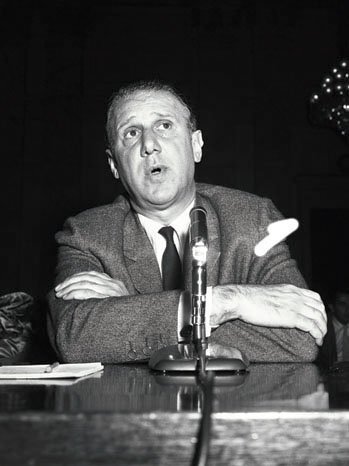
Sidney Korshak, a mob-connected lawyer who some considers one of 20th Century America's "Hidden Power Brokers", factors greatly into Nikolas' research into both the Manson Murders and the JFK assassination
We go on to use the Manson saga as a launching point for a conversation about America's hidden history. We begin by discussing the figure of Lawrence Schiller, who has a connection to not only the Manson story but also the JFK assassination (which Nikolas will be writing about in a novel format with The Dallas Book of the Dead). This leads us into an examination of the mob-connected lawyer Sidney Korshak, who may well have been one of America's hidden power brokers in the 20th century.
This brings us around to a conversation of conspiracy theories and conspiracy culture. In particular, Nikolas comments on and criticizes the recent , popular Manson book CHAOS by Tom O'Neill and the works of Mae Brussell and Dave McGowan. This leads us into a conversation about the pornographic nature of conspiracy theories like the supposed MKULTRA sex slave program "Project Monarch" and Maury Terry's Ultimate Evil, a book which posits that the Son of Sam murders were perpetrated by a cult known as the Process Church of the Final Judgment. Nikolas takes issues with these theories and argues that they actually aid the conservative agendas of right-wing conspiracists like the late ex-FBI agent Ted Gunderson and their views of the 60s counterculture.
This segues into a conversation about Anton LaVey. Nikolas, who was formerly married to LaVey's daughter Zeena, paints a very negative picture of the Church of Satan founder. He argues that LaVey showed little interest in combating the Satanic Panic of the 1980s and instead left that work to his daughter Zeena. Additionally, he says that LaVey constructed a false image around himself and, more shockingly says that the Church of Satan attained funding from a convicted child sex offender and San Francisco real estate tycoon that abused one of LaVey's family members. Moreover, Nikolas says that LaVey looked the other way in regards to this tycoon's abusive behaviors. Nikolas also addresses LaVey's connection to Ragnar Redbeard's Might Makes Right, a book that has come under renewed scrutiny due to its apparent influence on the Gilroy Garlic shooter. In his final summation, Nikolas argues that LaVey was a psychologically wounded individual driven by opportunism who engaged in abusive behaviors and recommends the film noir Nightmare Alley to better understand the image LaVey wanted to project of himself.
We conclude the conversation by discussing James Mason, a Satanic-neo-Nazi-turned-Christian-neo-Nazi who promoted lone wolf terrorism in a book called Siege. Due to Mason's interest in Charles Manson he came into contact with Nikolas Schreck, who featured him in his documentary Charles Manson Superstar. I give Nikolas an opportunity to address Mason in light of Siege's renewed popularity amongst a segment of the alt right. During this portion of the conversation Nikolas gives his thoughts on the incoherence of Mason's philosophy, the absurdity of lone wolf terrorism, and the misogynistic elements driving the alt right. Nikolas makes strong criticisms of the alt right during this segment of the discussion while also making clear that he is not a fan of either side of the culture war. In his estimation the entirety of the culture war, as well as the rise of conspiracy theories, are representative of a kind of apocalypse, but one less pretty than those seen in dystopian cinema and literature. In closing Nikolas gives his thoughts on the trajectory of corruption in Hollywood and elsewhere.




No comments yet. Be the first to say something!